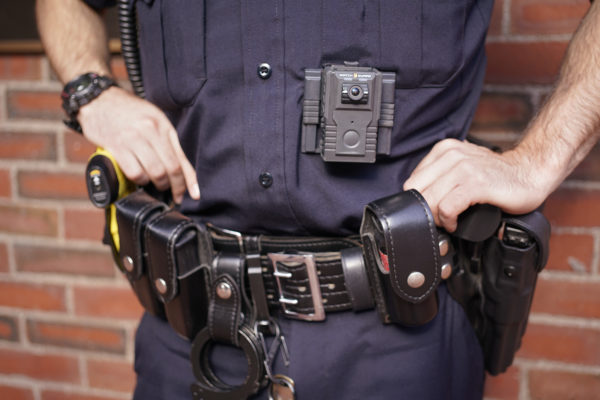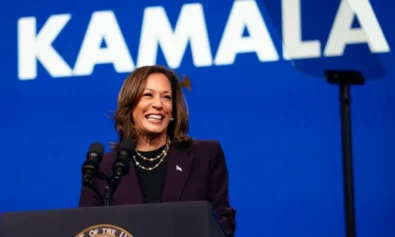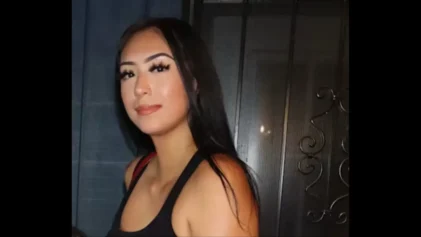Some NYPD officers are accused of undermining the intent of body-worn cameras, sending their comrades verbal and non-verbal cues to warn each other of when the tiny devices are “hot” and rolling.
The damning findings are part of a investigative report by New York City’s Civilian Complaint Review Board (CCRB) published last month, ABC News reports.

A probe into alleged misconduct by the city’s police found that some NYPD officers routinely used phrases like “I went to Hollywood,” “I’m hot” and “We’re live” to tip off fellow officers that their bodycams were recording.
“The officers also used non-verbal cues, such as tapping motions, shoulder brushing and gesturing to indicate whether their cameras were turned on or off,” the CCRB said in its report, adding that NYPD officials later confirmed the force was training officers on how to alert one another to active BWCs.
The department first began using the cameras in 2014 after a federal judge ruled its highly scrutinized “stop-and-frisk” policies, championed by then-Mayor Michael Bloomberg, were unconstitutional and essentially a form of “indirect racial profiling” against New York City’s Black and Brown citizens. Since then, over 3.5 million videos have been recorded with 24,000 of the cameras carried by the more than 36,000 officers outfitted with the palm-sized devices, according to NYPD data.
The cameras are aimed at deterring misconduct and aiding the CCRD in the thousands of complaints it investigates each year. However, police officers’ use of covert cues to alert one another to “hot” bodycams essentially negates the purpose of the BWC program, the watchdog group argues.
“Given these identified incidents of officer interference, the CCRB believes the NYPD should amend its policy to prohibit officers from intentionally disrupting a BWC recording, including the use of signaling, to obfuscate or facilitate misconduct,” its report reads.
The report, published Feb. 27, analyzed the impact of police body cameras on CCRD’s operations and investigations between May 2017 and June 2019. The Board said submitted more than 4,000 BWC requests to the NYPD since the program’s inception but has only received footage in approximately half of those cases.
During its investigation, the CCRD also identified instances where officers failed to comply with NYPD policy regarding when bodycams must be activated, finding that officers either waited too long to switch them on, turned them off too early, or didn’t activate them at all.
The Board did find evidence of progress, however. Of the 318 fully investigated complaints where BWC footage was received, CCRD said it was able to reach a clear determination of fact in 76 percent of those cases, compared to the 39 percent where body camera video wasn’t available.
“BWCs also improved the ability of the Board to close individual allegations on the merits— with 76% of allegations with BWC evidence closed on the merits,” according to the report.
The CCRD and NYPD have since signed a memorandum of understanding aimed at improving the Board’s access to police body camera footage, with the Board taking additional steps to train its staff on how to best utilize BWC video and technology.


